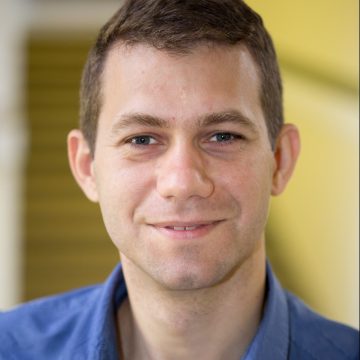
Darko Štern, Ph.D.
Medical University of Grazmedical image analysis, computer vision, machine learning, deep learning
Darko Štern is holding a position as a Senior Researcher at the Medical University of Graz and contributing as an external lecturer at the Institute of Computer Graphics and Vision on the Technical University of Graz (TU-Graz). He is experience in medical image processing with a strong focus on machine learning. Darko’s research interests are concentrated around the design and development of algorithms for processing and analysis of three-dimensional (3D) computed tomography (CT) and magnetic resonance (MR) images. His research aim is to bring machine learning closer to the data and labels limited medical image applications.
Integration of spatial configuration into CNNs
In many medical image analysis applications, only a limited amount of training data is available due to the costs of image acquisition and the large manual annotation effort required from experts. Training recent state-of-the-art machine learning methods like convolutional neural networks (CNNs) from small datasets is a challenging task. In this talk, I will present a CNN architecture that learns to split the task into two simpler sub-problems, reducing the overall need for large training datasets. Thus, the CNN dedicates one component to locally accurate but ambiguous predictions, while the other component improves robustness to ambiguities by incorporating the spatial configuration of the anatomy. The efficiency of the proposed deep learning model will be shown for both localization and segmentation tasks.
Keywords: medical image analysis, machine learning, deep learning, localization, segmentation